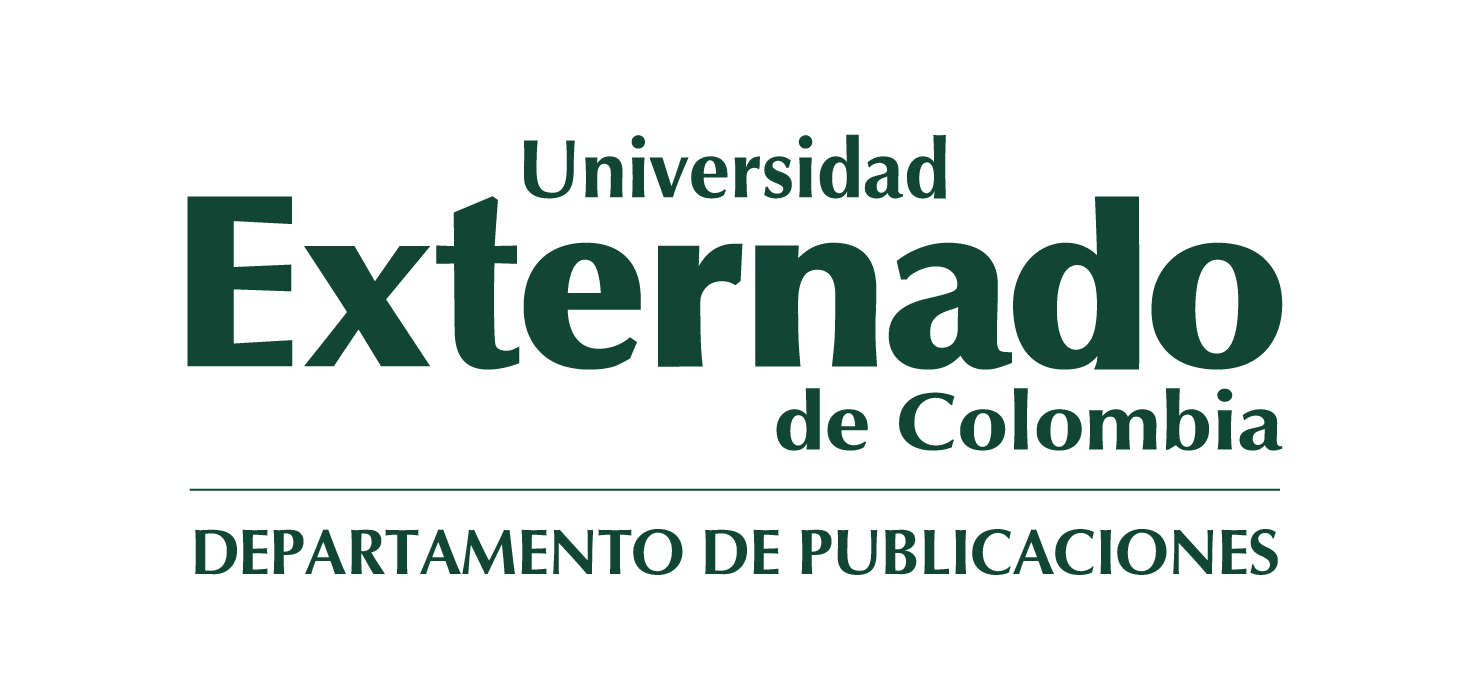La nación de los mosaicos.
Relaciones de identidad, literatura y política en Bogotá (1856-1886)
The book makes visible the connections of the ideas of the writers gathered around the newspaper El Mosaico (1858-1872) with those of the Bourbon reforms of the end of the Colony and with those of the Regeneration of the end of the 19th century. The production of the mosaics would be a monumental hinge between the Enlightenment ideas that they collect with special emphasis on their most classic aspect - the principles of harmony, truth, goodness and beauty, which tend to make conflicts invisible - until the Hispanic, Catholic and authoritarian Regeneration . The author offers significant samples of the connections, coincidences and dissidence in the ways of thinking and doing between these communities.
Far from jargon, the work is written in clear and accessible language. The questions and arguments are explicitly stated. However, what gives the work a distinctive and novel character is its approach to the individual, almost intimate universe, to a specific group, and the literature that she produced, with questions that illuminate new issues and relationships.
PRESENTACIÓN
COSTUMBRES Y REPRESENTACIONES Margarita Garrido
INTRODUCCIÓN
1. ¿QUIÉNES SOMOS?
1.1. Identidad y modernidad 1.2. Españoles de ultramar: nota sobre sus visiones y valores
1.3. Nuevos contextos para viejos prejuicios
2. UNA GENERACiÓN DE LITERATOS
2.1. El Liceo Granadino: un llamado conciliatorio
2.2. Fumar y mentir: la tertulia de los mosaicos
2.3. El periódico El Mosaico: el arte literario
2.4. Cinco bosquejos biográficos sobre un grupo mosaico
2.4.1. Eugenio Díaz y la literatura social
2.4.2. José María Vergara y Vergara: un literato extraviado en la fe
2.4.3. José Manuel Marroquín: aristocracia hispana y política
2.4.4. Ricardo Carrasquilla y la pedagogía católica
2.4.5. Ezequiel Uricoechea y la ardua ilustración americana 3. CONTRA EL ESPÍRITU DEL SIGLO
3.1. La amenaza benthamista
3.1.1. Momentos de la polémica
3.2. La cruzada moral
3.2.1. El dinero, el cálculo, la usura, el interés, el comerciante, y el lujo
3.2.2. La llamada "Literatura sensualista" 3.2.3. El sofisma de la república liberal
3.2.4. El fantasma caudillista, el poeta y la república católica
3.3. La nación de los mosaicos
3.3.1. El paradigma de la riqueza
3.3.2. Hacia una historia común
3.3.3. El raizalismo vindicado
4. CONCLUSIONES
Identidad, literatura y política
5. FUENTES Y BIBLIOGRAFÍA
5.1. Fuentes primarias
5.2. Fuentes secundarias
6. INDICE ONOMÁSTICO
eBook
Impreso
-

-
Gloria Vargas-Tisnés
-
Información de autor disponible próximamente.
-
eBook
Digital: descarga y online - EPUB
Catálogo Universidad Externado:



